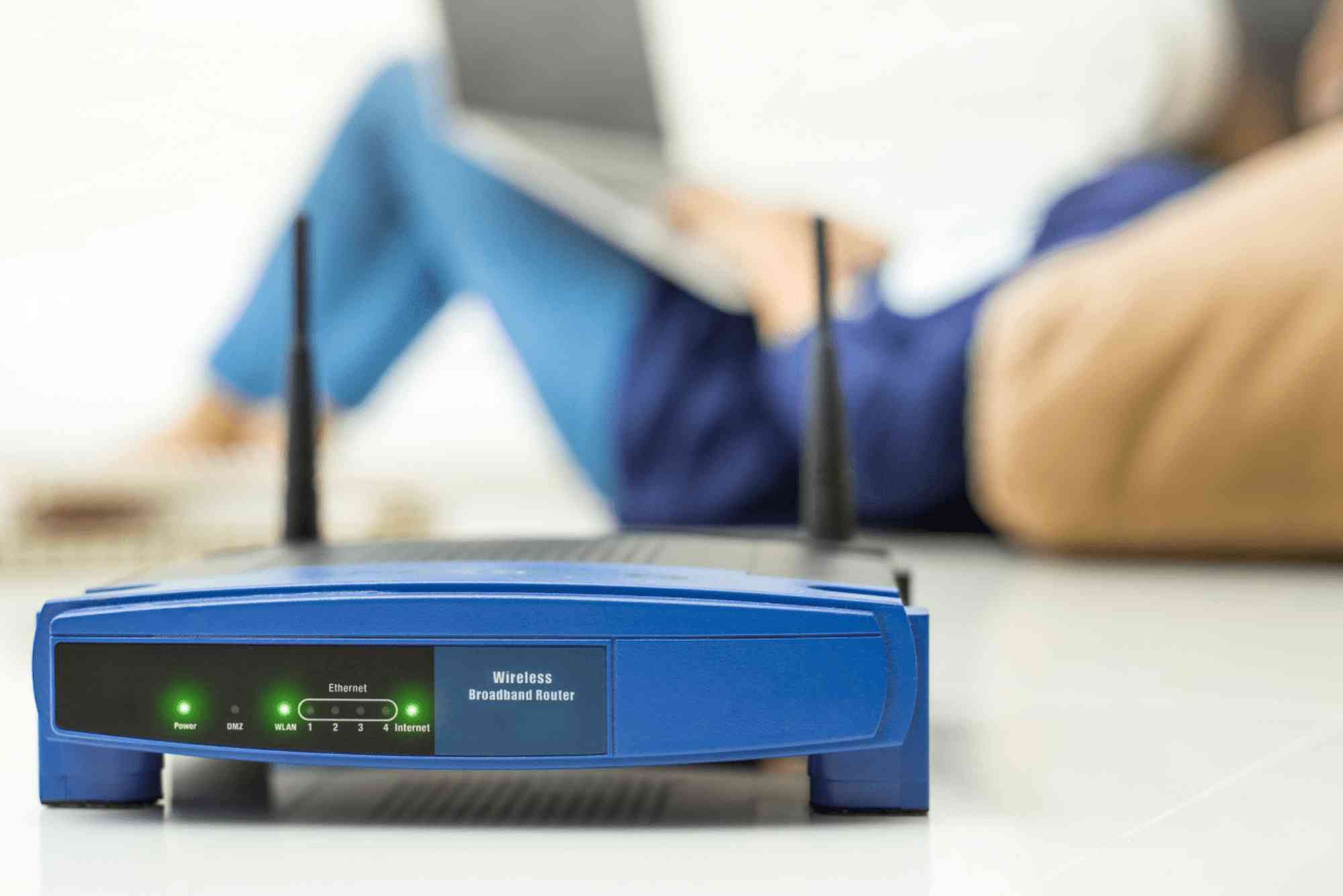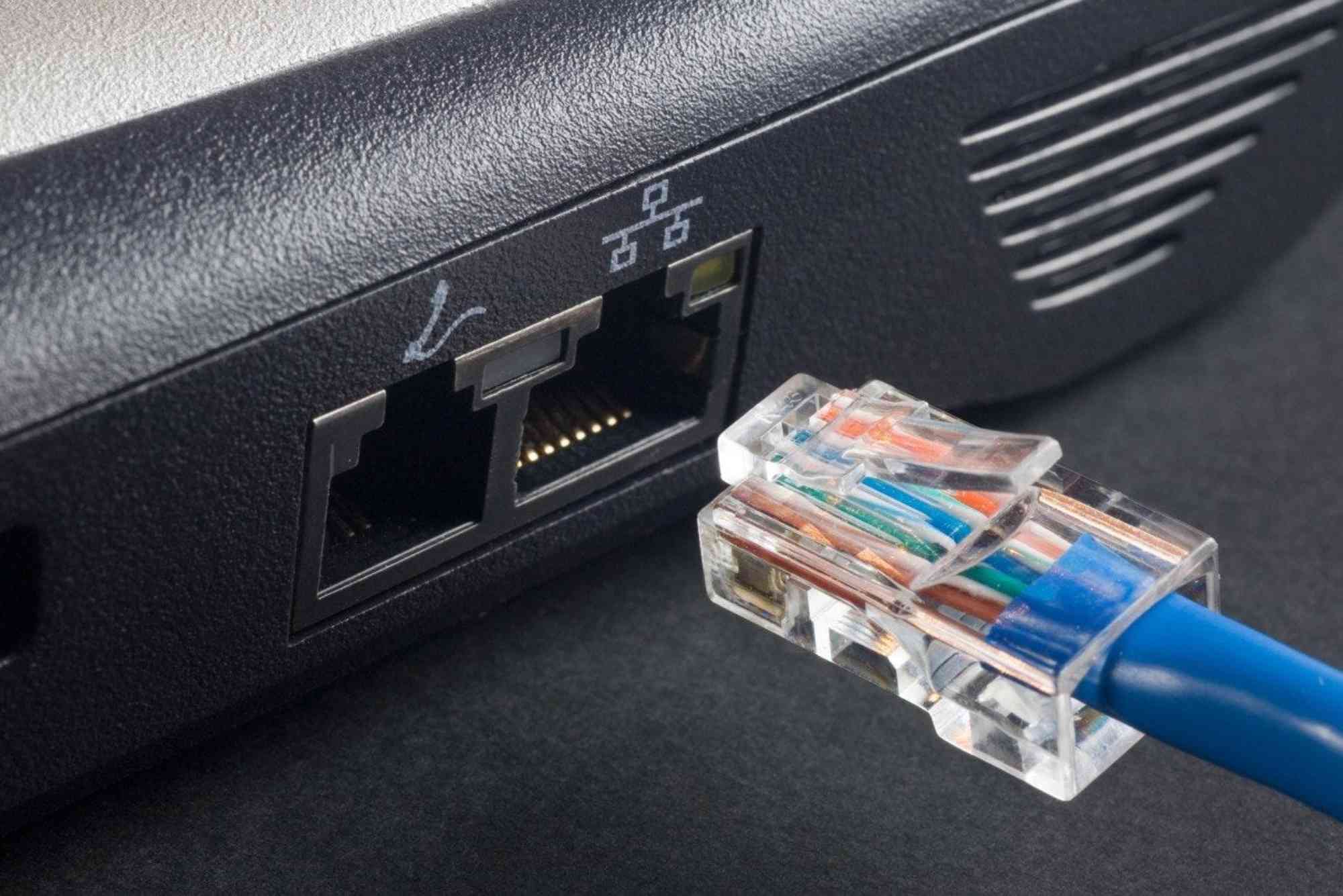Mobile Hotspot vs Wi-Fi Router: Which Should You Use?
In the modern world, fast and reliable internet has become as essential as electricity. Whether you’re working remotely, streaming movies, or connecting smart devices, your internet source determines your experience. Among the most popular options are mobile hotspots and Wi-Fi routers. While both provide wireless internet access, they serve different purposes and suit different users. In this comprehensive guide, we’ll dive deep into the comparison of mobile hotspot vs Wi-Fi router, helping you decide which one is best for your needs.
Understanding the Basics: What Are They?
Before we compare, it’s essential to understand what a mobile hotspot and a Wi-Fi router actually do.
What is a Mobile Hotspot?
A mobile hotspot is a device—or sometimes a feature on your smartphone—that allows you to share your mobile data connection with other devices. When activated, it turns your 4G or 5G connection into a small Wi-Fi network that laptops, tablets, or other phones can connect to. Portable hotspot devices often include their own SIM cards and batteries, making them ideal for people on the move.
What is a Wi-Fi Router?
A Wi-Fi router connects to a wired internet source, such as fiber, DSL, or cable, and distributes that connection wirelessly across multiple devices. It’s commonly used in homes and offices. Routers provide more stable connections, higher speeds, and broader coverage, especially when paired with broadband services like Dhanote Internet Services.
Mobile Hotspot vs Wi-Fi Router: Key Differences
The main differences between mobile hotspots and Wi-Fi routers lie in speed, reliability, portability, and cost. Understanding these distinctions can help you select the one that best fits your internet usage habits.
Speed and Performance
Wi-Fi routers generally offer faster and more stable speeds than mobile hotspots. Since routers are connected directly to broadband lines, they aren’t affected by mobile signal fluctuations. Hotspots, however, depend on mobile networks, meaning performance can vary based on your location, network congestion, or even weather conditions.
If you’re working from home, streaming 4K videos, or gaming online, a Wi-Fi router is the better choice. On the other hand, if you need quick internet access on the go, a mobile hotspot will do the job.
Portability and Convenience
In terms of mobility, the mobile hotspot wins hands down. It’s designed for travelers, remote workers, or anyone needing a portable internet connection. You can use it in your car, a park, or a hotel room without requiring a wired setup. Wi-Fi routers, however, are stationary and require an internet line and power connection.
If you frequently travel or live in an area without wired internet infrastructure, a hotspot offers unmatched convenience.
Network Coverage
Wi-Fi routers depend on wired broadband coverage, so they offer excellent range and stability within their setup area. Mobile hotspots rely on mobile signal coverage, which can vary. In rural or remote areas, where mobile signals might be weak, a Wi-Fi router using a fixed broadband connection can be more reliable—provided service is available.
For consistent coverage, many users prefer broadband connections from Dhanote Internet Services, which are known for stable speeds and wide area coverage.
Number of Devices Supported
Wi-Fi routers can support dozens of devices simultaneously, making them ideal for families, offices, or smart homes. They can connect laptops, smart TVs, cameras, and phones all at once without noticeable slowdowns.
Mobile hotspots, however, have limits. Most can connect 5 to 10 devices at a time, and performance may drop as more users connect.
Security and Privacy
Both devices can be secure if configured properly. Wi-Fi routers typically come with advanced encryption protocols (WPA2 or WPA3), customizable passwords, and firewall options. They also allow network monitoring and parental controls.
Mobile hotspots offer basic password protection but lack advanced security settings. For confidential work or business data, routers provide a safer environment.
Battery Life and Power
Wi-Fi routers are powered through a constant electricity source, ensuring 24/7 connectivity. Mobile hotspots rely on batteries, which usually last between 6 to 12 hours. For continuous, long-term internet access, routers are more reliable. However, hotspots are perfect for temporary or emergency connectivity.
Cost and Data Usage
Cost can be a deciding factor in the mobile hotspot vs Wi-Fi router debate. Wi-Fi routers typically have higher upfront costs for equipment and installation, but broadband plans are often more affordable per GB of data.
Mobile hotspots, on the other hand, use cellular data plans, which can become expensive if you consume large amounts of data for streaming or downloading. For occasional users or travelers, a hotspot is cost-effective. For heavy daily users, a router is more economical.
When to Use a Mobile Hotspot
A mobile hotspot is perfect if:
-
You travel frequently and need portable internet access.
-
You live temporarily in areas without wired broadband.
-
You require a backup internet source for emergencies.
-
You use limited devices like a laptop and a smartphone.
It’s also a great solution for digital nomads who work remotely from cafes, hotels, or co-working spaces.
When to Use a Wi-Fi Router
A Wi-Fi router is ideal if:
-
You have multiple users or devices in your home or office.
-
You engage in heavy internet tasks such as streaming, gaming, or video conferencing.
-
You need stable, high-speed connectivity without worrying about mobile data limits.
-
You value advanced network security and control features.
For permanent setups, investing in a router supported by a trusted provider like Dhanote Internet Services ensures consistent, high-speed internet performance.
Which One Should You Choose?
Your choice depends on your lifestyle and internet needs. If you prioritize mobility and convenience, a mobile hotspot is your go-to device. If you value speed, stability, and long-term use, a Wi-Fi router is the superior option.
Many users even use both—a router at home and a hotspot while traveling—to enjoy the best of both worlds. Balancing these options allows you to stay connected wherever you are.
Tips for Maximizing Performance
For Mobile Hotspots
-
Position your device near a window or open area to improve signal strength.
-
Use a 5G-enabled hotspot for faster speeds if available in your area.
-
Limit the number of connected devices to maintain performance.
-
Keep your device updated for better security and connectivity.
For Wi-Fi Routers
-
Place the router in a central location for even coverage.
-
Avoid placing it near walls or electronic appliances that can block signals.
-
Regularly update your router’s firmware to enhance security and speed.
-
Consider using Wi-Fi extenders if your space is large.
Real-World Scenario Comparison
Let’s imagine two different users. Ahmed works remotely and often travels between cities. He uses a 5G mobile hotspot to connect his laptop and phone, allowing him to stay productive from anywhere. His needs focus on flexibility and convenience.
Meanwhile, Sara manages a small business from home with multiple connected devices. She streams video calls, runs an online store, and has several family members using the same connection. For her, a Wi-Fi router powered by Dhanote Internet Services ensures reliable, high-speed connectivity that keeps her household running smoothly.
Both users rely on wireless internet, but their lifestyles dictate different solutions. The right choice isn’t just about speed—it’s about what suits your daily routine and data usage.
Future Trends: 5G and Wi-Fi 6
Technology is evolving fast, and both options are becoming more powerful. 5G mobile hotspots now deliver speeds rivaling home broadband, while Wi-Fi 6 routers offer faster connections, lower latency, and better device handling.
In the near future, the line between mobile hotspot vs Wi-Fi router will continue to blur. However, routers will likely remain the top choice for heavy, fixed use, while hotspots will dominate portable connectivity.
Common Mistakes to Avoid
Many users choose based only on price without considering long-term needs. Don’t buy a hotspot for heavy home usage or a router for occasional travel. Evaluate your habits, number of devices, and mobility requirements.
Another mistake is ignoring data security. Always set strong passwords and avoid connecting to public or unprotected networks. Regularly monitor data usage to prevent unexpected costs.
The mobile hotspot vs Wi-Fi router decision ultimately depends on your priorities. If you’re constantly on the move and need flexible internet, a hotspot offers unmatched portability. If you need stable, fast, and secure internet for multiple users, a Wi-Fi router is the better choice.
For the best home or office connectivity, pair your router with a reliable provider like Dhanote Internet Services to enjoy uninterrupted, high-speed internet that meets modern demands. Stay connected wherever life takes you—whether through a mobile hotspot or a Wi-Fi router, the right connection empowers your digital lifestyle.
FAQs
1. Can a mobile hotspot replace a Wi-Fi router?
It can temporarily replace it, but not for long-term or heavy use. Routers provide more stability and handle multiple devices better.
2. Is a Wi-Fi router faster than a mobile hotspot?
oYes. Routers connected to broadband are generally faster and more reliable than hotspots that depend on cellular networks.
3. Do mobile hotspots work without mobile data?
No. Mobile hotspots require a mobile data connection to provide internet access.
4. Can I use my smartphone as a hotspot?
Yes, most modern smartphones allow you to share your mobile data through a built-in hotspot feature, though it may drain your battery quickly.
5. Which is cheaper, a mobile hotspot or a Wi-Fi router?
Hotspots have lower device costs but higher data expenses. Routers cost more initially but offer better long-term value with affordable broadband plans.
6. How can I improve my Wi-Fi signal at home?
Position the router centrally, away from obstacles, and use extenders or mesh systems to boost coverage.







